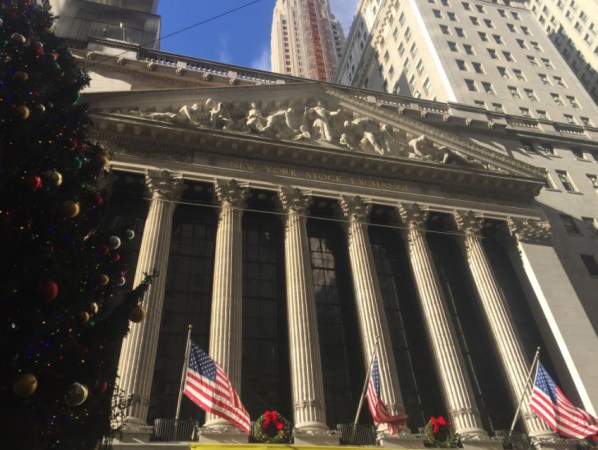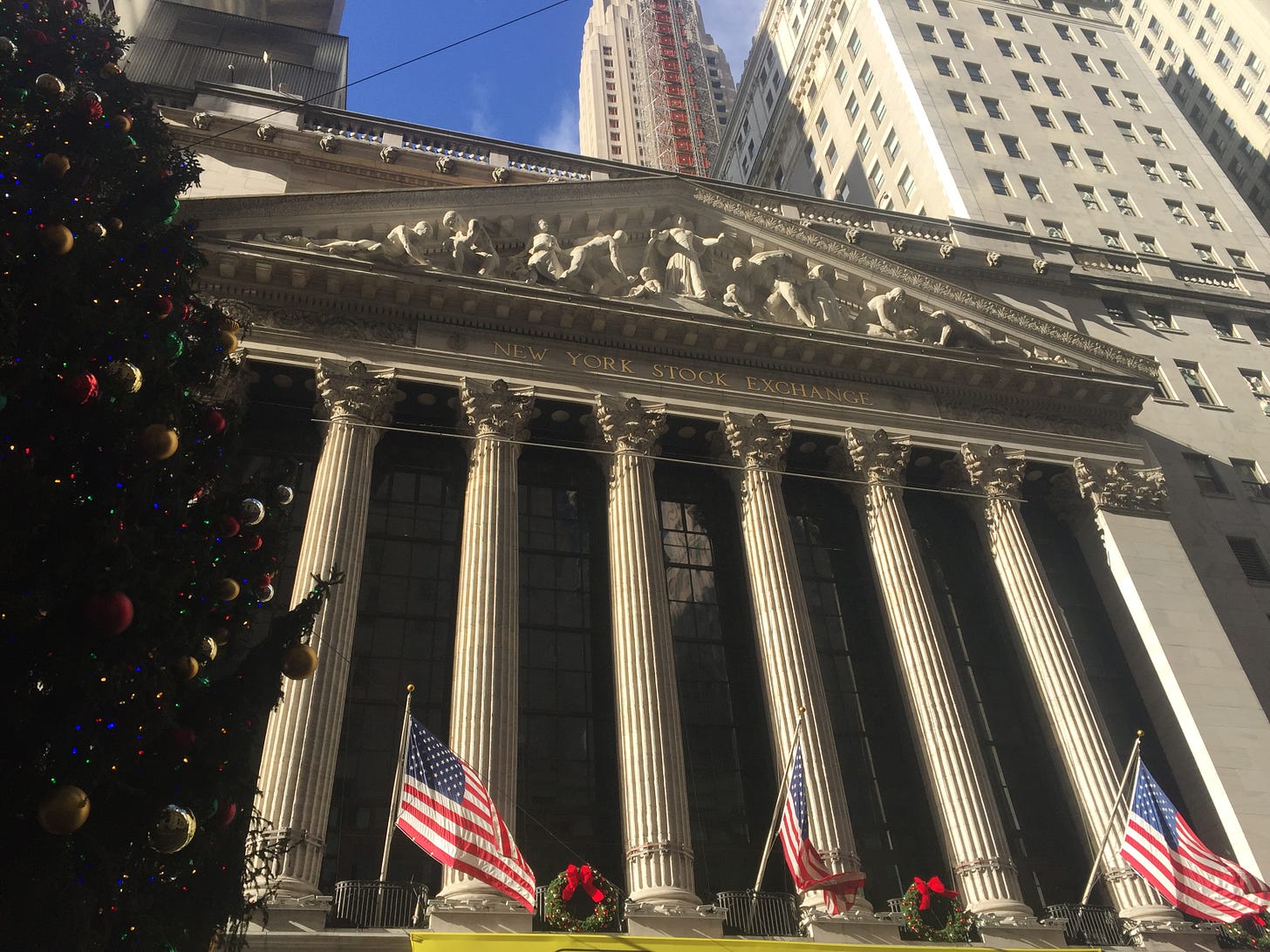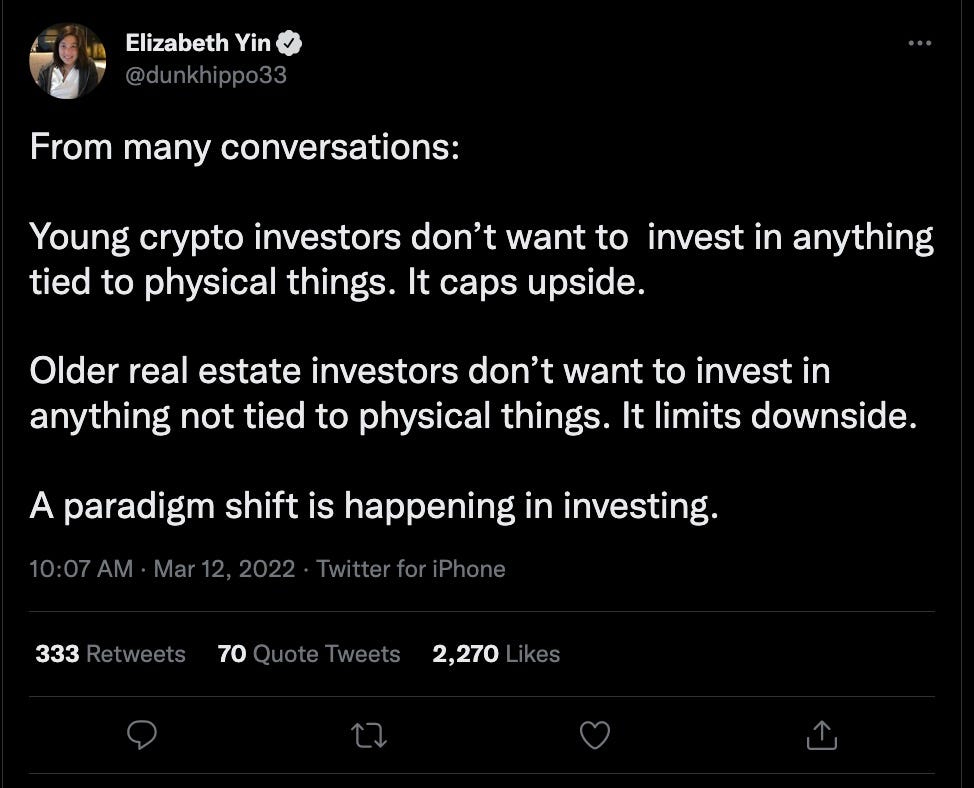Two late stage Agtech companies have each raised ~$1B in venture capital but they haven’t IPO’d yet. There were 4 agtech SPACs this year, but there have not been as many good old fashioned IPOs. Since the Agtech era was kickstarted by the 2013 Monsanto acquisition of Climate Corp, there haven’t been any notable agtech IPOs to point to as success signals.
Why?
Set aside all the obvious financial hurdles of what it takes to be IPO ready. For startups who sell directly to farmers, my hypothesis is that there are also tricky customer dynamics to navigate in the transition from privately held company with undisclosed financials to publicly traded company with fully disclosed financials.
If this sounds like an overstatement then maybe you missed how Farmers Edge was excoriated by #agtwitter after their IPO, with farmers relentlessly mocking the company’s financial results.
(Aside: check out Upstream Ag Insights analysis on the Farmers Edge IPO)
But it makes sense that farmers would experience a disconnect in the financials of an agtech company compared with their own approach to accessing capital.
Could two financing models possibly be more juxtaposed than the VC backed, growth now profit (hopefully) later tech startup model and the typical traditional debt financing model for most farms? I doubt it. Technology companies often IPO while showing big losses in the pursuit of growth as long as unit economics make sense; while farmers who operate at persistent losses go bankrupt.
Completely different financing models for completely different business models in completely different markets.
While farmers are generally not impressed with venture capital hype, there doesn’t seem to be much of a customer perception win for farmer facing agtech companies who go public. Let’s take 2 extreme possible outcomes of an IPO:
(1) The company IPO’s and their financials reveal that the company is operating with high EBITDA. Wait, high EBITDA? That must mean the company is taking advantage of producers. Who are we, a bunch of suckers? Riot.
(2) The company’s financials reveal that the company is operating at huge losses. Huge losses? This isn’t even a real business? Riot.
What if the only acceptable and respectable option in the eyes of a farmer customer base is to be profitable but ya know, not too profitable.
Impress investors at the risk of disenfranchising your farmer customer base, and vice versa.
Rock. Hard place.
So, are late stage agtech startups delaying IPOs and staying private longer because they are concerned about what farmer customers will think of their financials, or because they are concerned about what The Street (public investors) will think of their financials?
Assuming these late stage agtech companies are substantive businesses, the number of mature non-ag startups that have IPO’d in the last 2-4 years with high revenue yet operating at huge losses (e.g. Uber, Lyft, Airbnb, Lemonade, etc etc etc) seems to negate the idea that mature agtech startups are delaying IPOs because of lack of public investor appetite.
I readily admit that this hypothesis that farmer facing agtech startups are delaying IPOs because of farmer perception concerns may be wrong. I’d love to hear your counterarguments, here are my own:
(1) Each of those non-ag companies mentioned above (Uber, etc) had raised significantly more capital in private markets than these agtech companies have, their total addressable markets (TAM) were larger, and presumably they went public at much higher revenue than what these agtech companies will when they IPO. So it’s not apples to apples. Maybe it’s not even fair to apply the label ‘late stage agtech companies’, maybe in the grand scheme of things they are just mid stage and have a long way to go & grow in private markets. Perhaps.
(2) Many companies upstream and downstream from farmers have been public for years or decades and seen tremendous growth. Maybe that means the hypothesis is wrong, or that even if the hypothesis is correct and farmer customers won’t like seeing the financials of a venture backed company gone public, that it doesn’t matter whether the company is privately held or publicly traded because we humans (including farmers) are just one news cycle away from something else to get worked up about. Perhaps.
(3) Did Farmers Edge experience a negative commercial impact after the IPO? If not, then the noise about it all was just noise and my hypothesis is incorrect. Perhaps.
(4) The burdens of being a public company are so much higher than being privately held, why would anyone IPO before they have to?? Perhaps.
What I find really interesting are the agtech founders able to thread the needle of operating in a ‘VC light model’, where they find ‘patient’ venture capital that allows them to build a company that reflects their farmer customers values and sets them up for long term success, not flash in the pan hype of the venture treadmill but rather build for the long term, one brick at a time. A ‘fit the financing to the business’ approach rather than ‘fit the business to the business to the financing’ approach.
That takes discipline, especially in a market like we’re in now. And just to contradict my own hypothesis, maybe accessing private capital further into the company’s life allows late stage startups to do that. Perhaps.




